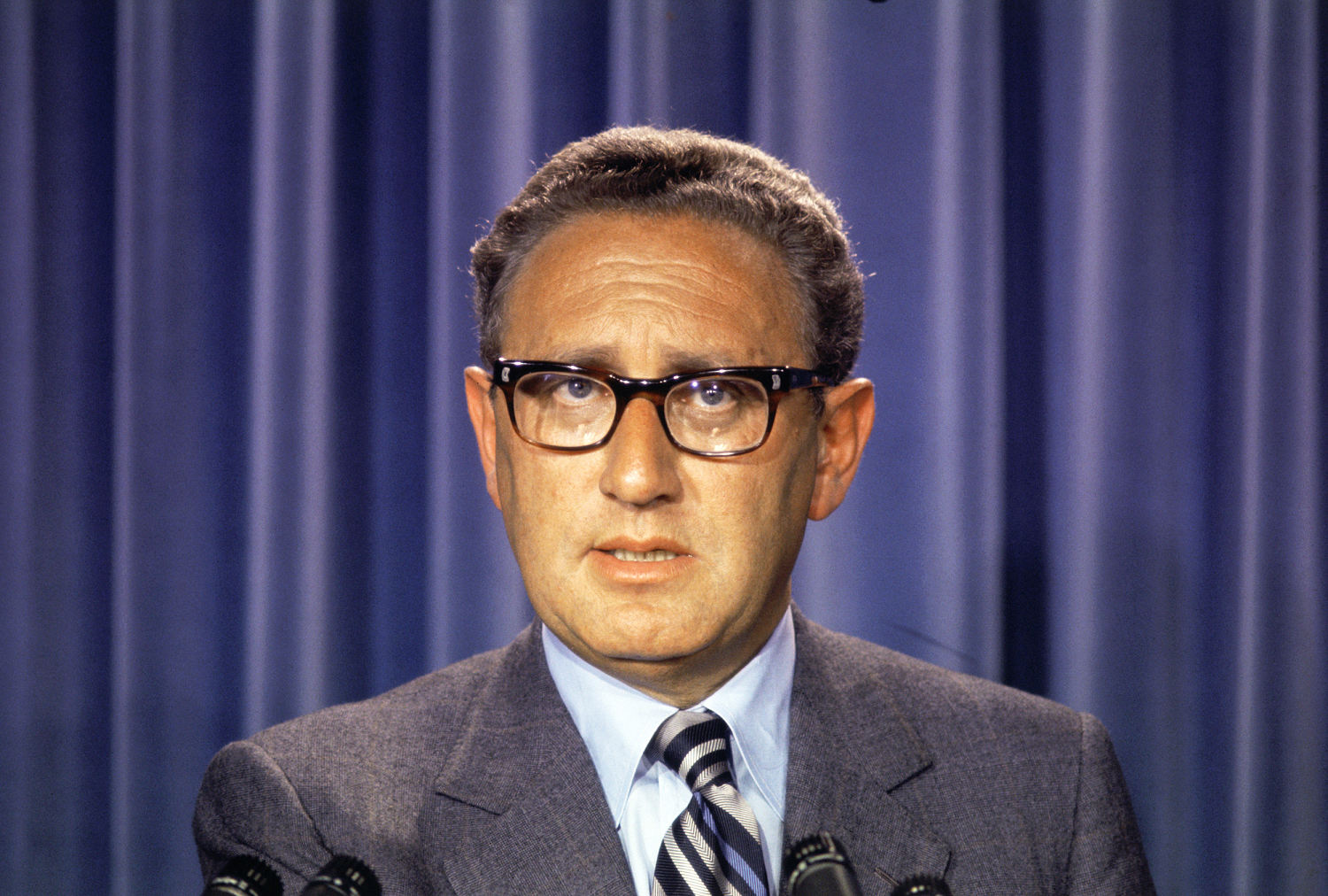[ad_1]

Historian and author David Rothkopf, who for a few years was managing director of Kissinger Associates, said on X that Kissinger was “as complicated as he was famous.”
“Condemn him, applaud him — he deserves both reactions — but if you care about foreign policy you will study him and you should. Draw your own conclusions. But don’t jump to them. What you find may be far more complicated than many of the capsule reactions to his life you will see,” Rothkopf said.
Kissinger was awarded the Nobel Peace Prize for negotiating the settlement that ended the Vietnam War, jointly receiving the award with Le Duc Tho of North Vietnam, who refused the honor.
Kissinger also helped open diplomatic relations between the U.S. and China during the Nixon administration in the early 1970s.
Former President George W. Bush said in a statement Wednesday that “America has lost one of the most dependable and distinctive voices on foreign affairs with the passing of Henry Kissinger.”
“Laura and I will miss his wisdom, his charm, and his humor. And we will always be thankful for the contributions of Henry Kissinger,” Bush said.
Ari Fleischer, Bush’s press secretary during his first term, recalled on Fox News how Kissinger had initially been named to chair the 9/11 Commission in the wake of the Sept. 11, 2001, attacks.
Fleischer said he advised Kissinger against it if he wanted to continue in his other endeavors. Kissinger stepped down in controversy over potential conflicts of interest with business clients, The Associated Press reported at the time.
“It really got to him, because he wanted to serve. He didn’t want the press controversy,” Fleischer said.
Kissinger’s son, David, writing in May in The Washington Post when his father was about to turn 100, credited his longevity in part to “his sense of mission.”
“Although he has been caricatured as a cold realist, he is anything but dispassionate. He believes deeply in such arcane concepts as patriotism, loyalty and bipartisanship,” David Kissinger wrote.
“I know that no son can be truly objective about his father’s legacy, but I am proud of my father’s efforts to anchor statecraft with consistent principles and an awareness of historical reality,” he added.
[ad_2]
Source link
